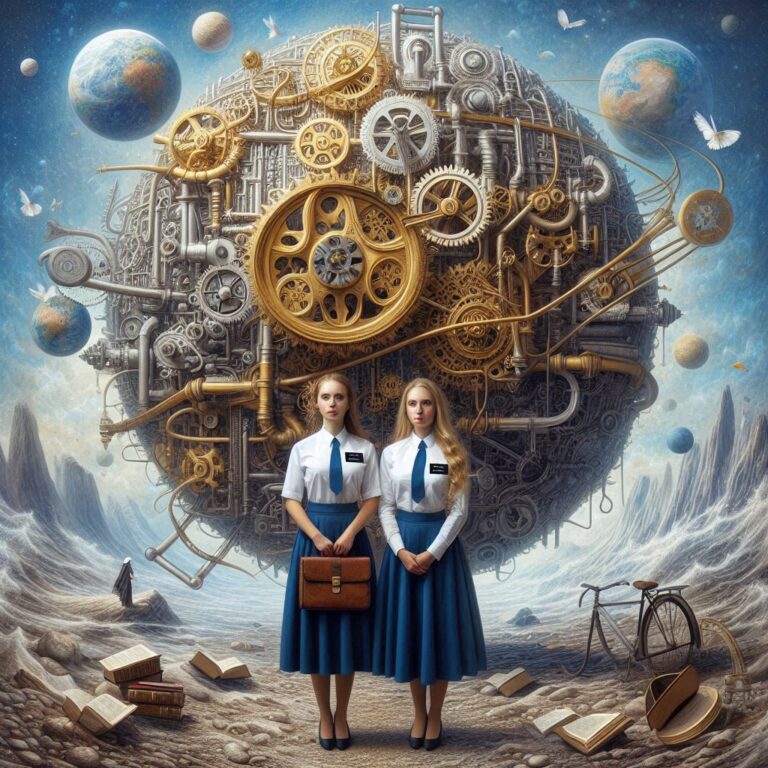In the days before Trump’s inauguration we can see some of the reflections of alt-right and conspiratorial ideas crawling ashore from febrile ponds. They range from mildly-incoherent free-wheeling-conspiratorial (Peter Thiel), to narrowly self-serving Libertarian-light (Marc Andreessen), to often contradictory, racist, and cruel (Curtis Yarvin). What should be asked about each is what vision they have of a common good for America and, though they and the MAGA movement are largely focused on our country, how also the larger world might benefit or change as a result of a new form of American engagement with the world. The idea of a common good is an old one that has been brought back into vogue by some social and legal theorists, like the “common good constitutionalist” Adrian Vermuele who I wrote about previously. For Vermuele there is a common good in redistributing land and resources to help the poor as well as in the government restricting and limiting free speech to enforce his concept (informed by his Catholicism) of morality in thought and action.
In radical contrast we have the new MAGA commentariat. There are some fundamental contradictions at the heart of the MAGA braintrust. On the one hand, they see a runaway federal government that hides facts and strong-arms business leaders with threats of regulation and lawsuits. The government and the establishment media and universities support activism by positioning themselves as the fact-sifters and thought leaders. Andreessen complains that educated workers demand too much from his companies. They want environmental and sustainability commitments. They want DEI policies. They want positions on global affairs and worldwide LGBTQ+ rights. It’s annoying to Andreessen and makes entrepreneurship too complicated.… Read the rest









